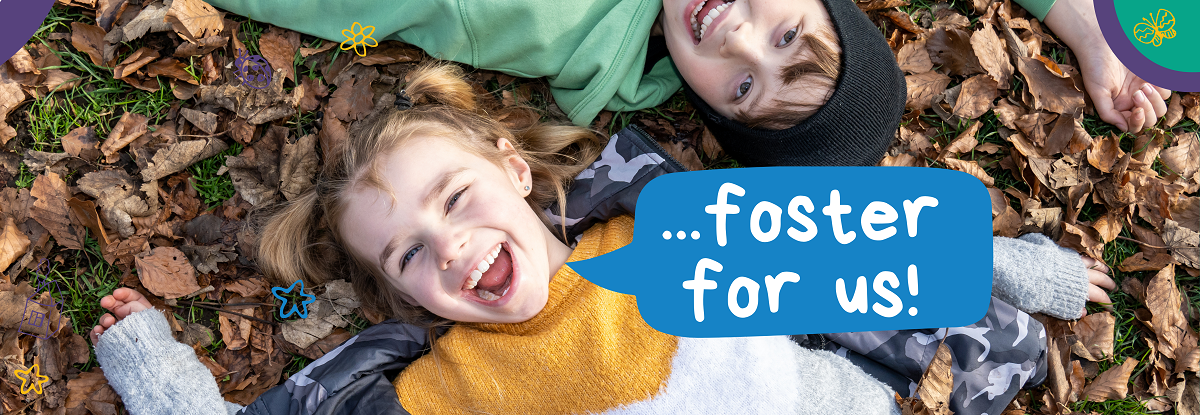All about fostering
Fostering is incredibly rewarding. It is the opportunity to open your home, share your life and be there for a child and young person at a time when they need it the most.

What is fostering
Children from across Doncaster come into foster care for many different reasons. It may be because of a family illness, a family breakdown or they may just need a safe place to stay. Some young people come into care as unaccompanied asylum seekers and so have no family or anyone they know in the UK. Children may have experienced neglect or trauma. Every child in our care is unique and so is their story, but they all need the safety, security and reassurance of somewhere to call home, be it for a few weeks or years.
Working alongside our team of experienced social workers and other professionals, foster carers support the child’s social and emotional development. As well as caring for their daily health, well-being and educational needs, foster carers help children to keep in touch with their friends and birth family.
Throughout your fostering journey, you will receive ongoing professional support and training. You will have your own social worker who will regularly call you for a chat to see how things are going and come to visit you in your at home. You will also meet with other professionals to talk about how you are caring for the child in your care, any problems they may be having and plans for their future.
When you foster for Doncaster you will also be a part of Doncaster’s biggest fostering community, made up of experienced foster carers. You can enjoy many events as a fostering family throughout the year, including a weekly youth club and access to our regular support groups, giving you the chance to get to know other carers and share experiences.
Our foster carers welcome children into their homes and their families, giving them the full experience of everyday family life, which helps become the building blocks for children to develop their skills for the future and develop healthy relationships so they can grow and realise their potential.
Types of fostering
There are many ways you can foster be it full-time or part-time; giving you the option to choose what is right for you and your circumstances. All of them come with different challenges and rewards. We will help you during the enquiry and assessment process to make the decision that is right for you.
Whatever type of fostering you choose to do you will be making a difference to the lives of children and young people from Doncaster:
- Emergency care
As an emergency foster carer, you will be there for a child who urgently needs to be cared for away from their home for a short time. Placements usually last for just a few nights, but due to the nature of the placement, you will not always get much notice. - Short-term care
You will care for a child or a young person for a few weeks or months while plans are made for their future. - Respite care
The placements can last from a night to a few weeks, and they can either be planned or at short notice. The child is placed with a foster family allowing birth parents or other foster carers the time to recharge their batteries so that they can continue to provide care to the child. - Long-term fostering
Some children are not able to return to their birth parents or wider family. When this is the case, we will work to try to find the child a place they can call home for the rest of their childhood, giving them the stability they need to grow up and thrive. It is a big commitment to foster a child long-term, but it can also be incredibly rewarding.
Once you have been fostering with us for a while, you may feel you are able to support some of our more vulnerable children and young people. Specialist types of fostering will require you to develop different levels of skills and expertise through training.
Friends and Family Fostering
Sometimes when children and young people can't live at home, they often find loving homes with relatives or friends. These arrangements can be informal or formal. They can include Private Fostering, Special Guardianship Order (SGO), and Kinship foster care. You can find out more about these arrangements and the support our teams can offer on our webpage here.
Introduction Image
Display your introduction over featured image?: No

